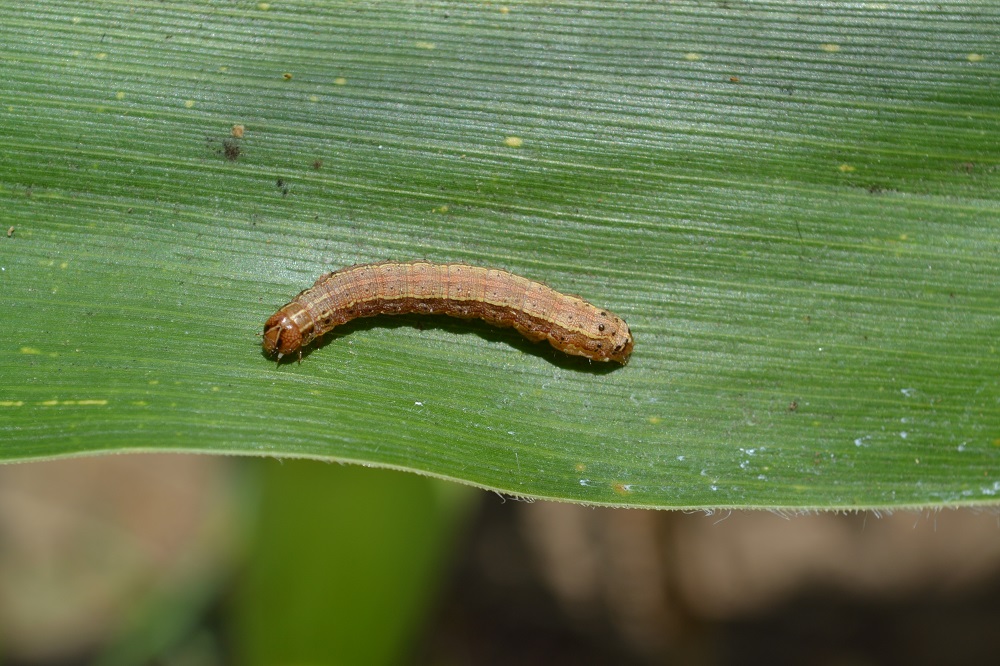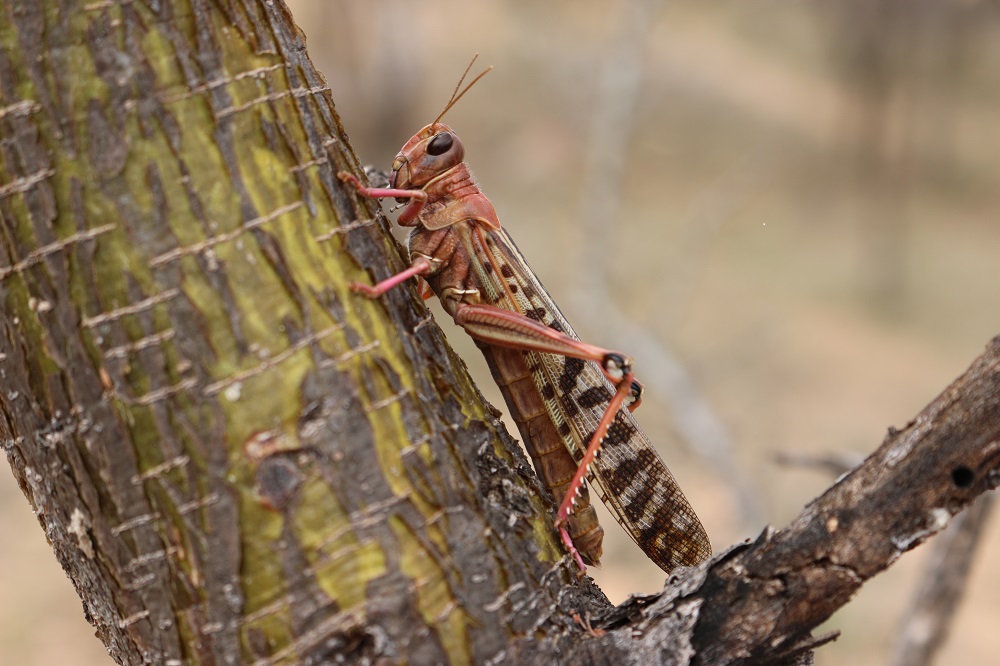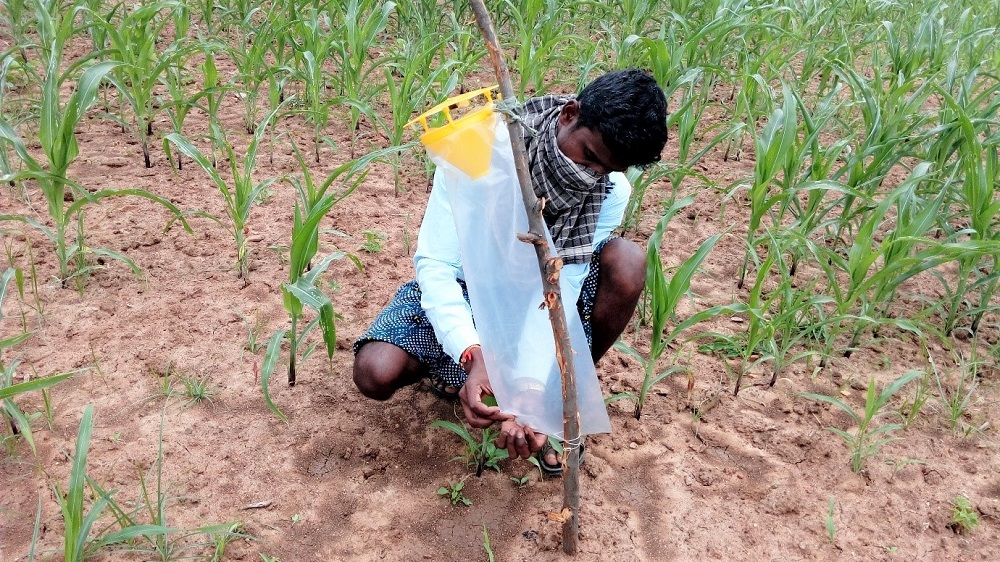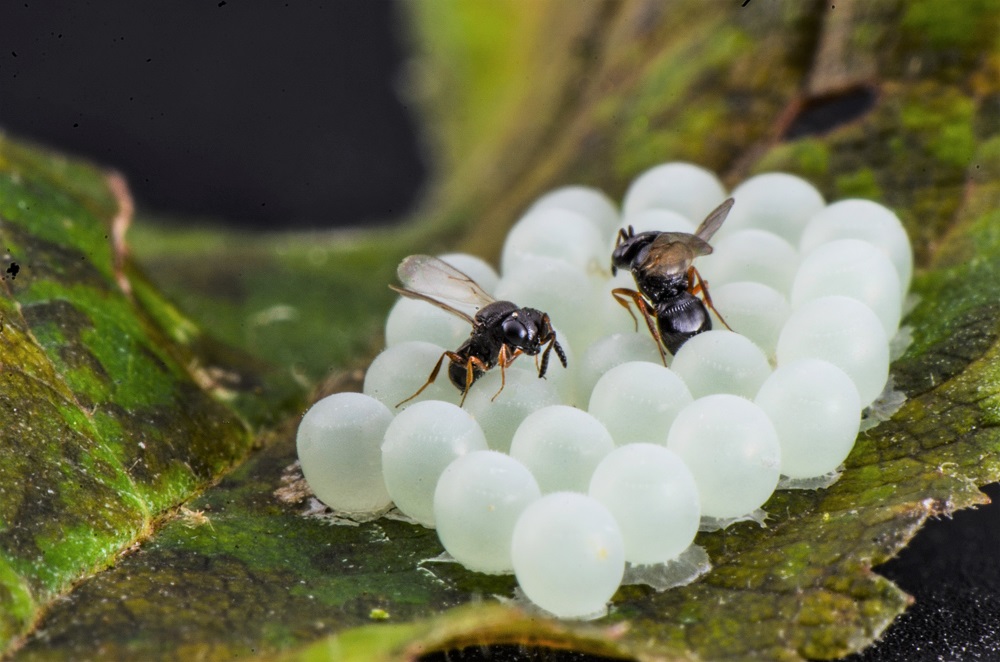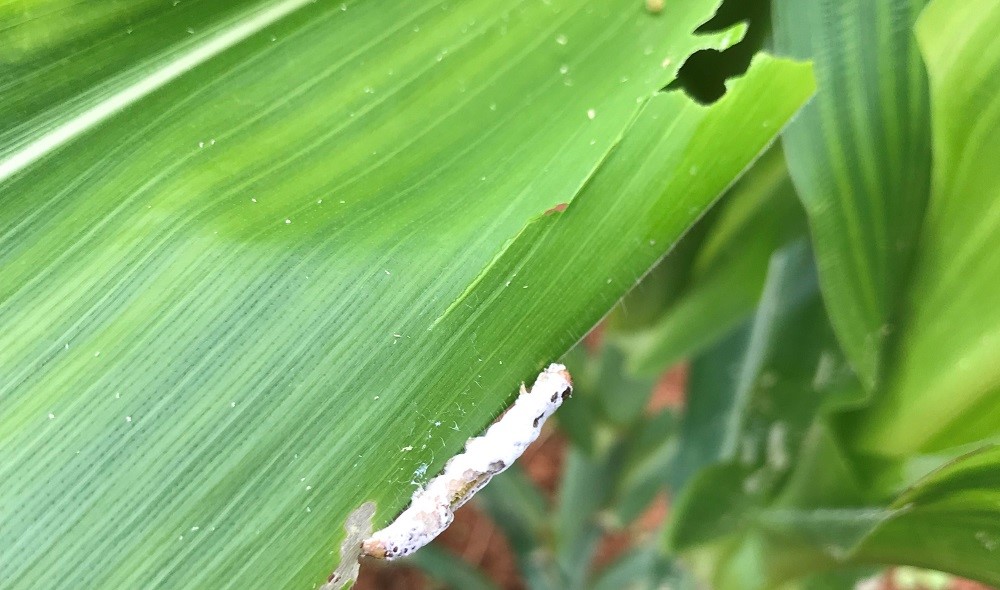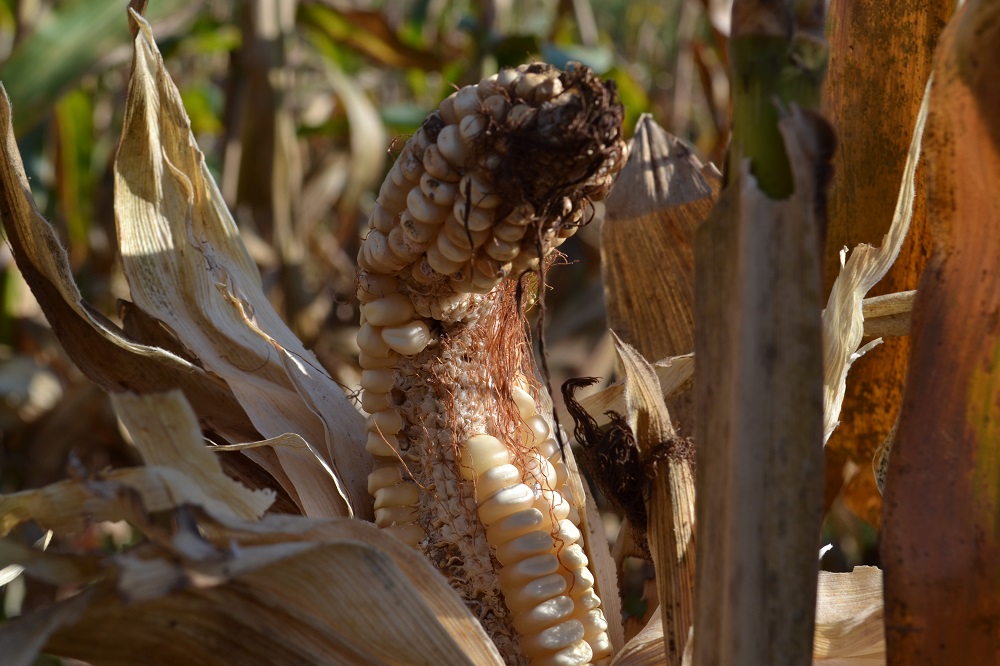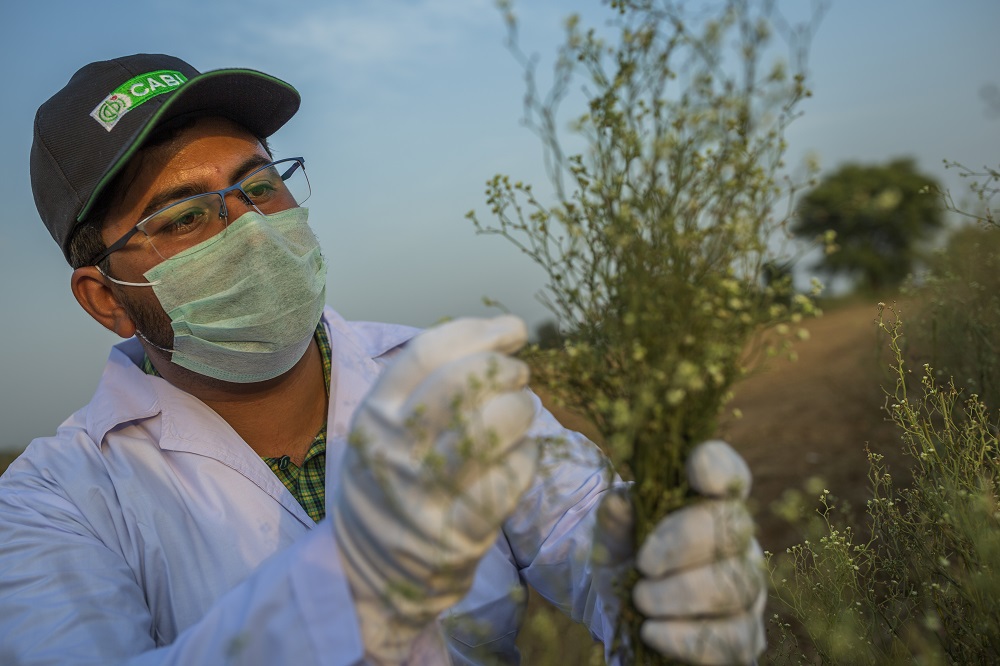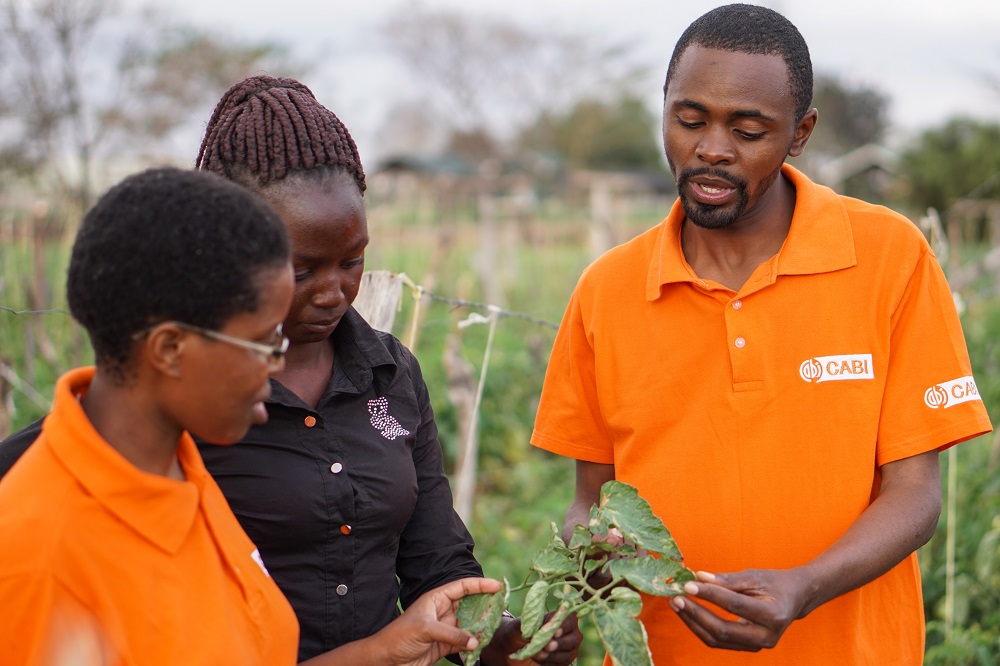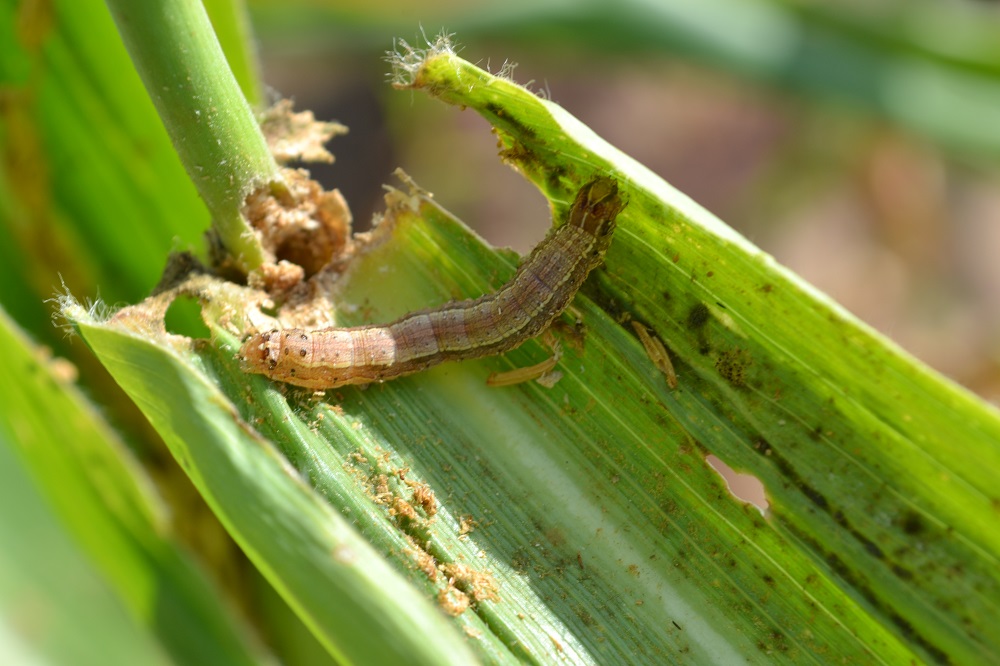Invasives Blog
You are here: Invasives Blog
CABI scientists share knowledge on fall armyworm diagnostics, ecology and its management in Philippines
June 14, 2021
Muhammad Faheem, Sathis Sri Thanarajoo
2 comments
UK Invasive Species Week floating pennywort campaign picture special
May 27, 2021
Wayne Coles
No Comments
CABI joins forces with FAO to tackle desert locust and fall armyworm pests in Asia Pacific region
May 26, 2021
Wayne Coles
No Comments
Scientists exchange expertise on biocontrol agents for the management of devastating fall armyworm
May 10, 2021
Malvika Chaudhary, Manju Thakur
No Comments
CABI joins research effort to map distribution of natural enemy of brown marmorated stink bug in Europe
April 8, 2021
Wayne Coles
No Comments
Scaling up biocontrol of fall armyworm: CABI scientists share expertise in ASEAN technical workshop
March 24, 2021
Wayne Coles
No Comments
CABI hosts and shares expertise in IWGO workshop on the biocontrol of fall armyworm in Africa
March 23, 2021
Wayne Coles
No Comments
CABI to take part in Feed the Future’s webinar on Biocontrol of Parthenium
March 18, 2021
Wayne Coles
No Comments
Benefits of biocontrol products in the fight against Tuta absoluta
March 2, 2021
Harrison Rware, Ivan Rwomushana, Monica Kansiime
No Comments
Expertise shared on new research which maps growth and spread of fall armyworm in Australia
February 9, 2021
Wayne Coles
No Comments
Subscribe
Find out more
For more information about CABI's work on invasive species, please visit www.invasive-species.org
Contribute
If you are active in the field of invasive species or development and would like to contribute to the Invasives Blog, please contact Donna Hutchinson. We are happy to post credible articles that we think would be of interest to our readership.
Views expressed in contributions do not necessarily reflect official CABI positions.
Archives
Categories
- Agriculture and International Development
- Veterinary and Animal Sciences
- Climate change and biodiversity
- Environmental Sciences
- Invasive species
- Plant Sciences
- Crop health
- Development communication and extension
- Digital development
- Economic development
- Food and nutrition security
- Gender and youth
- Publishing
- Value chains and trade

